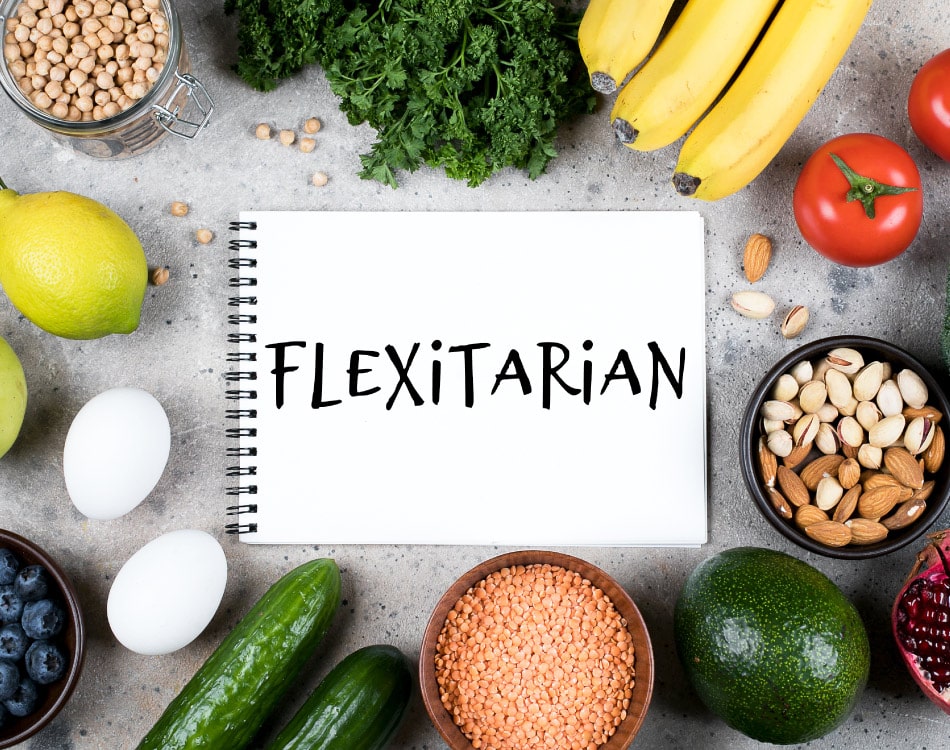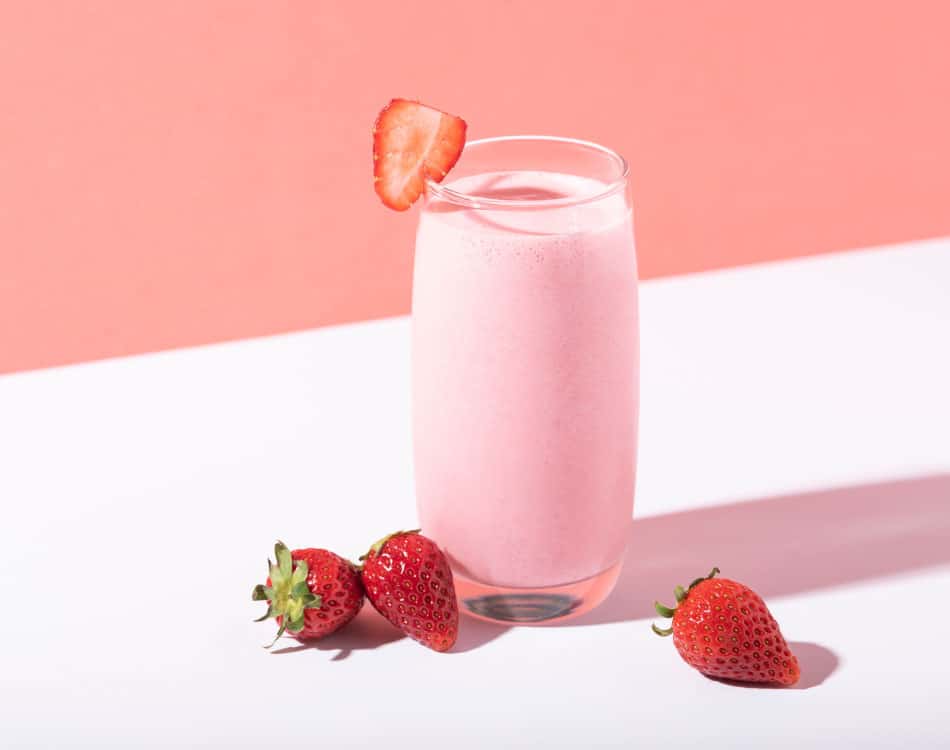Many consumers are choosing to reduce the amount of meat and animal products they eat by combining aspects of veganism and vegetarianism with conventional eating in what is known as a flexitarian diet.
The term was originally coined by Dawn Jackson Blatner in her book, The Flexitarian Diet: The Mostly Vegetarian Way to Lose Weight, Be Healthier, Prevent Disease, and Add Years to Your Life.
While the book was released in 2008, but it is only now that this semi-vegetarian approach to eating is gaining mainstream adoption.
READ MORE | Raw Power: Eat More Raw Food For Improved Health, Increased Energy And Longevity
Healthy eating made easy
“Along these lines, there’s a new diet on the block and it’s proving to be a hot topic. It’s called flexitarian eating,” explains Dis-Chem’s National Nutrition and Wellness Expert, Ashley Butler Lobb.
What’s interesting about the flexitarian diet, according to Ashley, is that, unlike most conventional diets, flexitarian eating is less about direct weight loss or weight management benefits.
Instead, the focus is predominantly on health, particularly disease prevention, management and control, and reducing a person’s carbon footprint.
“A flexitarian diet allows a person to be a vegetarian the majority of the time, but still allows some animal protein in the diet. The name is a portmanteau of the words ‘flexible’ and ‘vegetarian’, which precisely explains what the diet is all about.”
READ MORE | Change The Recovery Game
Flexitarian diet guidelines
It’s an approach that offers the best of all worlds, with the flexibility to fit into our hectic modern-day lifestyles. And it is this value proposition that is increasingly resonating with consumers.
“Following a flexitarian diet focuses on increasing your intake of plant-based foods and decreasing your intake of animal proteins such as pork, beef, chicken and lamb. Flexitarians eat mostly fruits, vegetables, legumes and whole grains,” continues Ashley.
It is also worth noting that the diet advocates a reduction (or elimination) of processed and refined foods and sugar, and recommends a focus on whole, natural food sources. These are beneficial attributes that are often lost in the debate around meat consumption.
READ MORE | Pick Your Protein: We Compare Whey And Plant Protein Supplement Options
But what about my muscle?
Given the reduction in animal protein that the diet advocates, serious gym-goers may be wondering if their muscle development will suffer as a consequence. Ashley is quick to allay any concerns.
“You can find rich protein sources in a variety of plants, which can effectively substitute any decrease in your animal protein intake.” She recommends quinoa, nuts, beans, seeds, lentils, legumes, soybeans, chickpeas and tofu as ideal sources of quality plant proteins that are perfectly suited to a flexitarian diet.
The only concern is that not all plant proteins offer a complete amino acid profile. Animal protein sources are considered complete proteins because they contain all eight essential amino acids – those amino acids your body cannot produce and are, therefore, required from our diets.
Plant-based proteins are generally incomplete as they contain some, but not all of the essential amino acids. When we eat a predominantly plant-based diet, it becomes essential to consume a variety of protein sources to meet your body’s protein requirements.
Incomplete protein source can be consumed together to deliver a complete amino acid profile at each meal or selectively eaten throughout the day. Incomplete proteins that are consumed in combination to create a complete protein source are often called complementary proteins.
READ MORE | The Rise And Rise Of Milk Alternatives
Time to ‘flex’ your diet?
Given the options and variety of beneficial plant-based proteins available to consumers today, both in fresh form and through a wide range of convenient pre-packaged foods and plant-based supplements, following a flexitarian diet has never been easier.
“It’s simple. If you’re someone who loves meat, and life just wouldn’t be the same without it, but you also want to reap the rewards of cutting down your intake, then this diet is made for you,” concludes Ashley.















